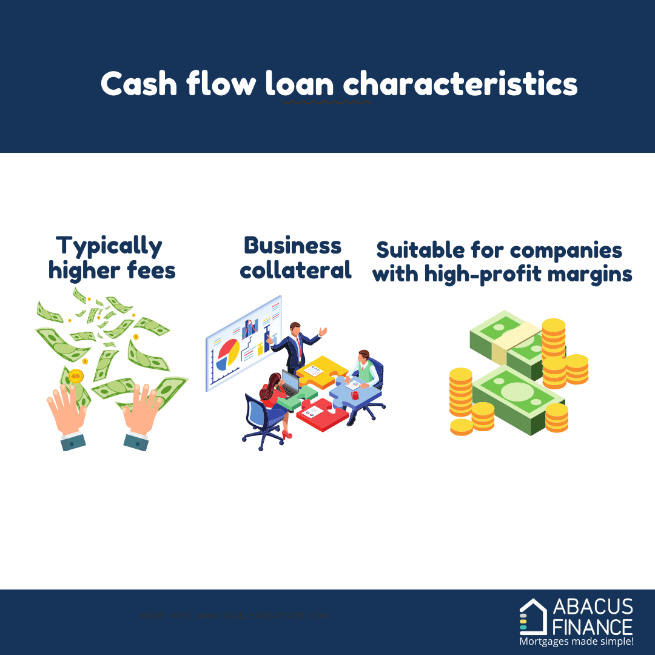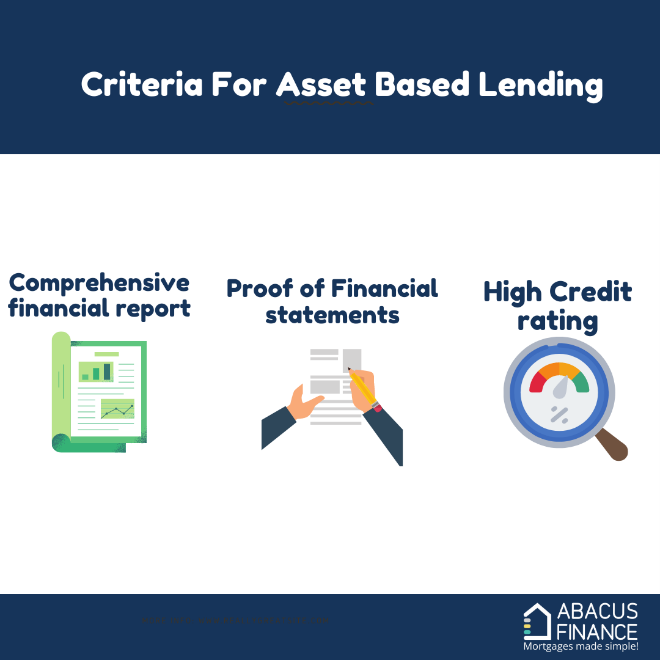Everything You Need To Know About Cash Flow Lending And More
Even if your business is growing wildly, you will find that you still need extra cash to help pay for daily expenses, such as employee salaries, inventory and rent. The imbalance of cash flow is a huge challenge for most small businesses. After all, cash flow is essential for a healthy business and sometimes you need a little extra help during times when you’re dealing with late repayments. In this case, cash flow loans can help many self-employed people finance their business process.
Table of Contents
2. Traditional vs cash flow loans
What is cash flow lending?
Cash flow loans are a form of commercial financing to help small businesses obtain the funds they need. In some respects, cash flow loans are different to the traditional loans in the lending market.
Traditional vs cash flow loans
1. Traditional loans
Generally, banks will consider several factors to make a loan decision, including credit history, the amount of investment in your business, what collateral you can provide, the cash flow of small businesses, and profit returns. These are used to determine your ability to repay the loan. It can be said that they determine the risks they face. This can be a process that consumes considerable time and documentation, and you may still be denied your loan.
2. Cash flow loans
Due to the strict requirements that some traditional loans have, consider accessing a cash flow loan. In comparison, the qualifications for such a loan focuses on the business’s cash flow.
How does a cash flow loan work?
In the case of a cash flow loan, you are borrowing the money you expect in the future as collateral, and the lender decides whether or not it should be approved based on the forecast and the previous performance of your business. They will examine your performance through various data, such as transaction volume and frequency, seasonal sales, return of customer profits, and expenses.
Cash flow-based loans enable business owners to borrow money based on the company’s past and future cash flows. A company borrows money based on its expected future income. When making loan decisions, other factors such as credit rating are also taken into consideration. Your earnings before interest, taxes, depreciation and amortization(EBITDA) is one of the financial indicators used to make loan decisions.
Abacus Finance Tips
To further explain EBITDA, it’s profit generated by a company before interest, taxes, depreciation and amortization are deducted from its total income. Under normal circumstances, EBITDA is a term for profit or earnings, so the larger the number, the better.
Most common EBITDA formulas used by accountants and investors:
EBITDA = Operating profit(EBIT) + amortization + depreciation
Or
EBITDA = Interest + total profit + tax + amortization + depreciation
So what circumstances can I apply for a cash flow loan?
A company with a shortage of working capital may not have enough money to pay short-term wages, hence a cash flow loan may be considered to cover these expenses. When the cash flow from sales improves, the company can repay the loan and the corresponding interest.
Cash flow loan characteristics

- Typically, they have higher fees, as well penalties for late payments
- There is no need for assets to help cover the cash flow loan, but lenders may generally place your business as collateral itself
- This type of loan is most suitable for companies with high profit margins, and no assets that can be used as financing guarantees
Asset-Based lending
In addition to cash flow loans, business owners can also choose asset secured loan. It allows you to use accounts receivable, inventory, and equipment to obtain working capital.
Usually used by companies that have been business for a while with determinable and identifiable internal processes and controls.
What kind of assets can be applied to asset-backed loans?
1. Accounts receivable: accounts that customers owe you now or in the future
2. Inventory: raw materials, work in progress or finished product in your warehouse
3. Machinery and equipment: Funds can be as high as 75% of the liquidation value
4. Property: registered with residential or commercial real estate as a mortgage. You can also check the value of your property through the latest assessment of your real estate agency
Why choose an asset secured loan?
- Suitable for companies with seasonal sales
- Customers who have not signed a contract with a lender may find this to be a better option
- Flexible in financing
- If your business is in a stage of rapid development, it can provide an infusion of cash to help get you over the financial hump and prevent your business growth from stalling
Application conditions

Is your business applicable?
Contact us at Abacus Finance today to see which loan is most suitable for your business.
For the self-employed, the options are diversified. If you need to borrow a sum of money to help your small business, you can consider a cash flow loan or an asset-backed loan. The requirements of the two are different.
If you have any doubts about the specific loan to choose, please contact an Abacus Finance professional mortgage broker. We will provide you with a free consultation and recommend a loan product that suits your business needs.
The information in this post is general in nature and should not be considered personal or financial advice. You should always seek professional advice or assistance before making any financial decisions.




